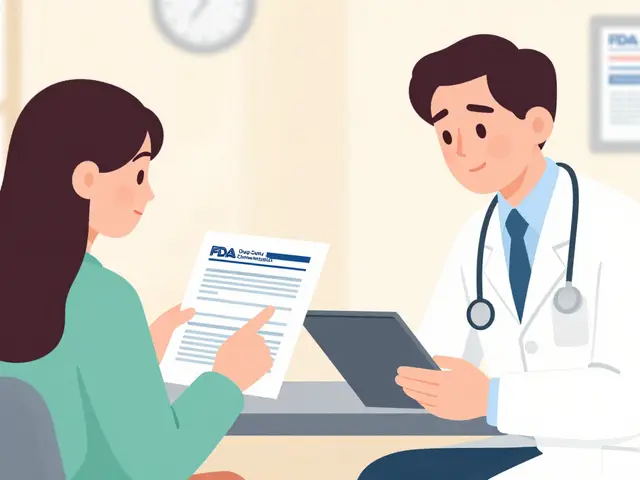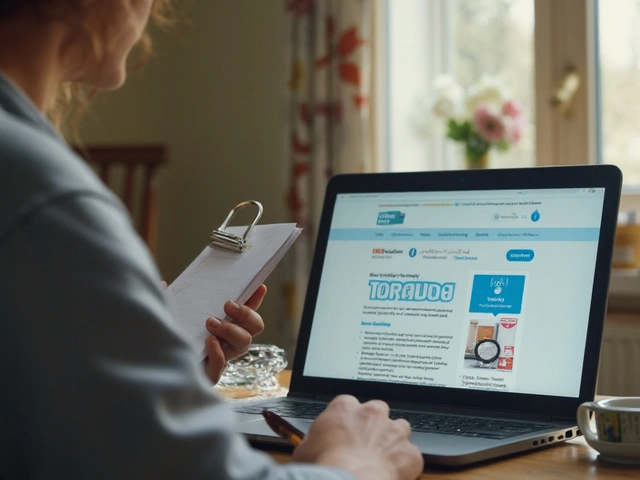Regular Checkups: Why They Matter and How to Keep Them Simple
Ever wonder why doctors keep telling you to get a checkup every year? It’s not just a habit – it’s a chance to spot problems early, before they become big issues. A quick visit can catch high blood pressure, cholesterol spikes, or early signs of diabetes, saving you time, money, and worry down the road.
What Happens During a Routine Checkup
When you walk into the clinic, the staff will usually take your weight, height, and blood pressure. Then a nurse might draw a few vials of blood to look at cholesterol, sugar, and kidney function. The doctor will ask about any new symptoms, meds, or lifestyle changes. Most visits end with a short chat about what to watch for and any vaccines you might need.
Tips to Keep Your Checkups on Track
First, put the appointment on your calendar as soon as you get the reminder – treat it like a dentist date. Set a phone alarm a day before so you remember any fasting instructions for blood work. Bring a list of current meds and any questions you have; it’s easy to forget when you’re in the exam room. After the visit, write down any follow‑up steps, like scheduling a colonoscopy or ordering a repeat blood test.
Knowing how often to go can be confusing. Most adults benefit from an annual visit, but if you have chronic conditions like heart disease or asthma, your doctor may suggest twice a year. Kids need more frequent visits, especially for vaccinations. When in doubt, ask your provider what schedule fits your health needs.
Preparing for the day can make the visit smoother. If blood work is required, fast for 8‑12 hours and drink water. Dress in layers so it’s easy to roll up sleeves for blood pressure checks. Bring insurance info and a photo ID – most clinics need those to process the visit quickly.
Common tests during a regular checkup include a lipid panel (cholesterol), fasting glucose (blood sugar), and a basic metabolic panel (kidney and liver function). Depending on age and risk factors, you might also get a thyroid test, vitamin D level, or a Pap smear. Each test gives your doctor a snapshot of how your body’s working and where to focus next.
Making checkups a habit is all about mindset. Think of the visit as a maintenance check for your car – you wouldn’t skip oil changes, so why skip a health check? Celebrate when you finish a year without a missed appointment, and use that momentum to stay on top of other healthy habits like exercise and balanced meals.
Bottom line: regular checkups are a low‑effort way to protect your health. They catch issues early, keep you in sync with your doctor, and give you peace of mind. Schedule yours, prepare a bit, and treat it as a regular part of your self‑care routine. Your future self will thank you.
Hi there! I can't stress enough the importance of regular hearing tests. Let me tell you why - they are the key to early detection of any hearing difficulties. By catching these issues earlier, we are often able to slow down the progression or even find suitable treatments. So, if you're not already, it's time to make those regular check-ups a part of your routine. It can really make a significant difference in your hearing and overall quality of life, trust me.



 Medications
Medications




